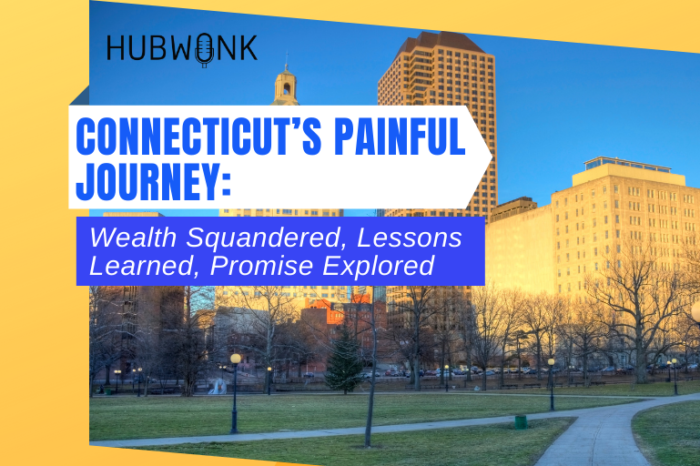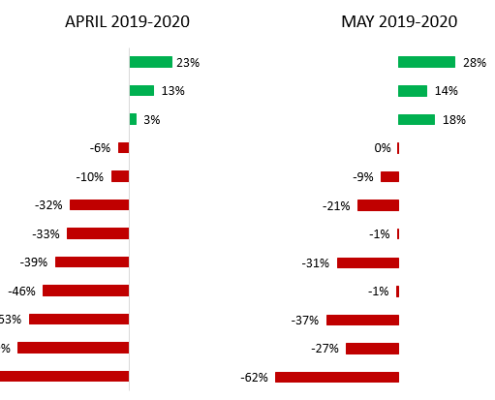Connecticut’s Painful Journey: Wealth Squandered, Lessons Learned, Promise Explored
Host Joe Selvaggi talks with Connecticut Business and Industry Association’s President and CEO, Chris DiPentima, about what policy makers can learn from Connecticut’s journey from the wealthiest state in the nation, to one with more than a decade of negative job growth.
Guest:
 Chris DiPentima is the president and CEO of CBIA, Connecticut’s leading business organization, with thousands of member companies, small and large, representing a diverse range of industries from every part of the state. He chairs the Connecticut Manufacturers’ Collaborative and serves on the boards of the Connecticut Manufacturing Innovation Fund, Middlesex Chamber of Commerce, and Middlesex Community College Advisory Board. DiPentima has a bachelor’s degree from Boston College and received his juris doctorate from Quinnipiac Law School.
Chris DiPentima is the president and CEO of CBIA, Connecticut’s leading business organization, with thousands of member companies, small and large, representing a diverse range of industries from every part of the state. He chairs the Connecticut Manufacturers’ Collaborative and serves on the boards of the Connecticut Manufacturing Innovation Fund, Middlesex Chamber of Commerce, and Middlesex Community College Advisory Board. DiPentima has a bachelor’s degree from Boston College and received his juris doctorate from Quinnipiac Law School.
Related:
New Study Shows Significant Wealth Migration from Massachusetts to Florida, New Hampshire
Boston Herald:
Taxes driving wealth out of Massachusetts and into Florida, New Hampshire: report
Editorial: Wealthy have options to avoid tax hikes
The Boston Globe: Massachusetts is losing wealthy residents to states with no incomes taxes, such as New Hampshire and Florida
The Bond Buyer: Massachusetts sees wealth exodus
Get Updates on Our Economic Opportunity Research
Related Content















